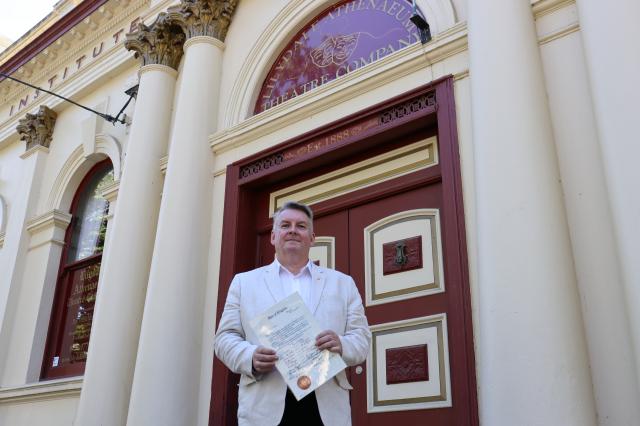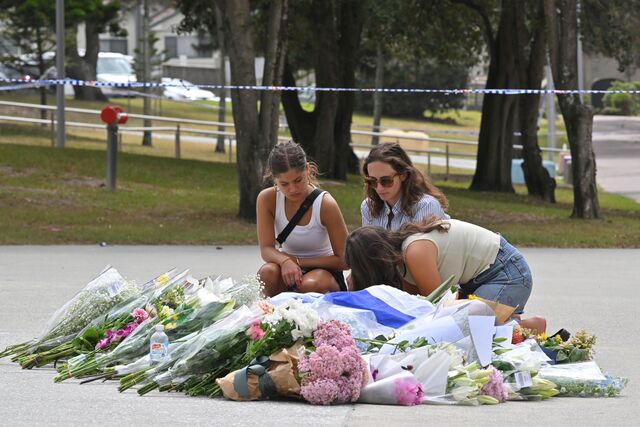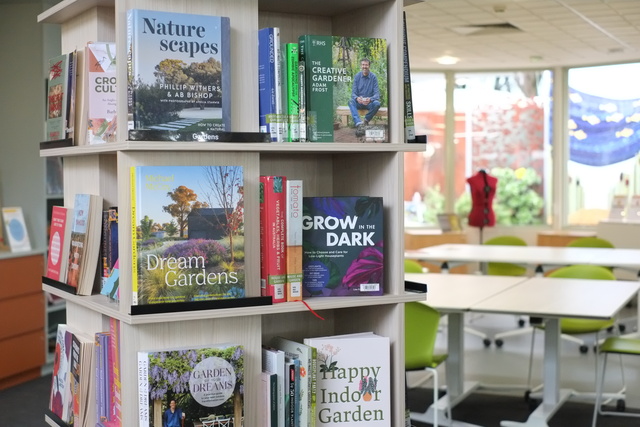The Shire of Lillydale was gravely impacted by World War I and caused the greatest number of casualties in the area.
A new book written and produced by the Mount Evelyn RSL and local historian Anthony McAleer will be launching this weekend, documenting the impact the war had on people who remained at home.
After discovering many unknown and incredible stories about what people endured at home in Lilydale, Mooroolbark, Montrose, Mount Evelyn and the rest of the small communities in the shire during World War I, Mr McAleer decided to document those experiences in a book.
‘Home front: the impact of war on the shire of Lillydale’ is the latest historical book from Mr McAleer who has spent 30 years researching and hearing local stories from the time.
“I started this early enough that I was lucky enough to interview the last two World War I veterans from this area and I was able to interview a lot of people who lived in this area during that period,” he said.
“Nowadays, there are a lot more records on offer that you can access, so we were able to get a lot more information.”
Mr McAleer said during the centenary there was a lot of focus on the soldiers who fought in the war but not much had been done on what the people who stayed in the shire went through.
“The First World War is certainly a significant event in the history of this area…but little was done in regards to what happened locally and certainly it had such a huge impact and majorly affected everyone.
“There was a lot that came to light during the centenary from the different events that we had and people telling their family stories about what happened to their family.”
Mount Evelyn RSL wanted to keep a permanent record of each of those stories to share and acknowledge the hardships of the residents in what was very much rural farmland.
“It was very much considered part of the country. Lilydale was a little bit more urban and was a little bit more densely populated. There was certainly a lot more industry here and it was the centre for the area but places like Monbulk, Olinda, Montrose and Mooroolbark were little farming communities.
“There’s things like what happened to those farming communities when all of the fit and able men enlist in the military and go overseas. So it talks about the hardships and the toil on those left behind.”
The book places a particular emphasis on the role women played to keep farms operating and how they knitted socks for the Red Cross in their spare time but also how local sports clubs suffered from a lack of men and the ongoing effects of war.
“In those decades after the war, it took a long, long time for people to readjust to how life was before,” Mr McAleer said.
Dame Nellie Melba’s influence and contribution to the Red Cross during the war years is another key feature of the book, something that earned her the damehood in 1918.
“She was probably the one individual who raised the most money for the Red Cross during the war years.
“She did numerous concerts. I think she did about three or four just in this building (Lilydale Athenaeum Theatre) to help out the local patriotic welfare efforts.”
The book reflects the generational impact the First World War had on people, whether they fought on the frontlines, donned a uniform, didn’t enlist at all or grew up without a family member.
“It impacted schools, community groups, churches, commerce, pastimes, sport and life on the land and it placed burdens on old and young, male and female, urban and rural,” Mr McAleer said.
“There was no one who was not affected by it.”







